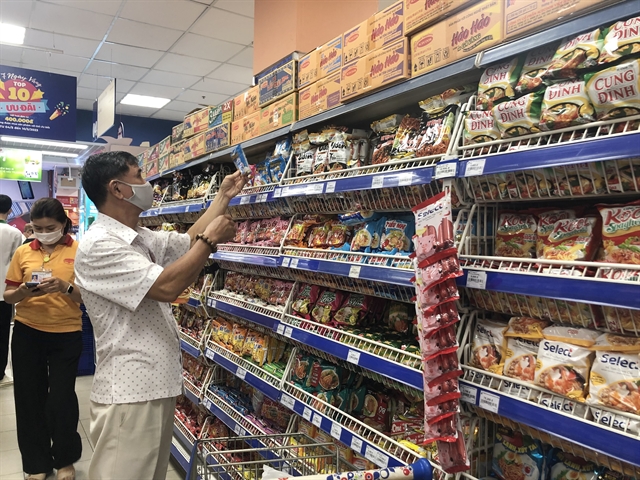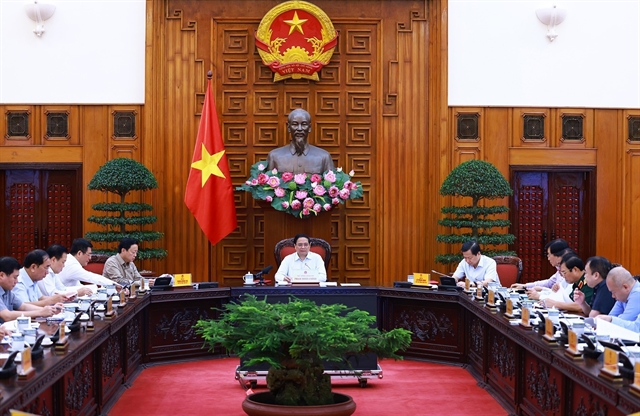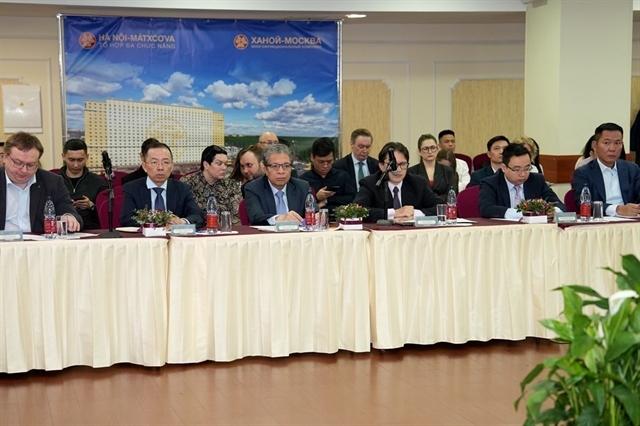 Economy
Economy


|
| Export volume of Vietnamese agricultural and aquatic products could be increased by improving quality and brand-building. — Photo vov.vn |
HCM CITY — Vietnamese enterprises need to improve product quality, build their brands, and ensure product traceability to increase the exports of agricultural and aquatic products, experts said at a seminar on June 26 in HCM City.
Exports of agricultural and aquatic products in the first five months of the year were US$15.49 billion, down by 4.1 per cent compared with the same period last year because of the negative impacts of Covid-19 on Việt Nam's key export markets such as China, the US, Japan and EU.
In the first months of the year, Việt Nam’s agriculture sector faced other challenges in addition to the COVID-19 pandemic, including trade tensions and worse climate change.
The recently signed Comprehensive and Progressive Agreement for the Trans-Pacific Partnership (CPTPP) and the EU-Việt Nam Free Trade Agreement (EVFTA) are expected to help the country increase its agricultural and fisheries output. However, with the technical barriers and strict food safety and hygiene standards, Việt Nam’s agricultural production face many challenges because it has still been done mostly on a small scale.
However, with commitments under these FTAs, import tariffs will be reduced or eliminated in various markets, creating favourable conditions for Việt Nam’s agricultural exports, said Mai Xuân Thành, deputy director-General of Việt Nam General Department of Customs.
The EU market is very demanding, which requires products to be done in compliance with high standards to protect consumers.
The EU is the largest importer of Vietnamese agricultural products as compared with other major markets like the US, Canada, New Zealand, Australia and Japan. Its consumers value high-quality products with special characteristics such as organic, fair trade and geographical indications, experts said.
To expand to new markets, Vietnamese export products should meet good agricultural practice (GAP) standards such as VietGAP and Global GAP in order to meet the market demand and improve farmers’ incomes.
In addition, businesses need to improve the added value of goods by applying technology in processing and preserving products, experts said. VNS




